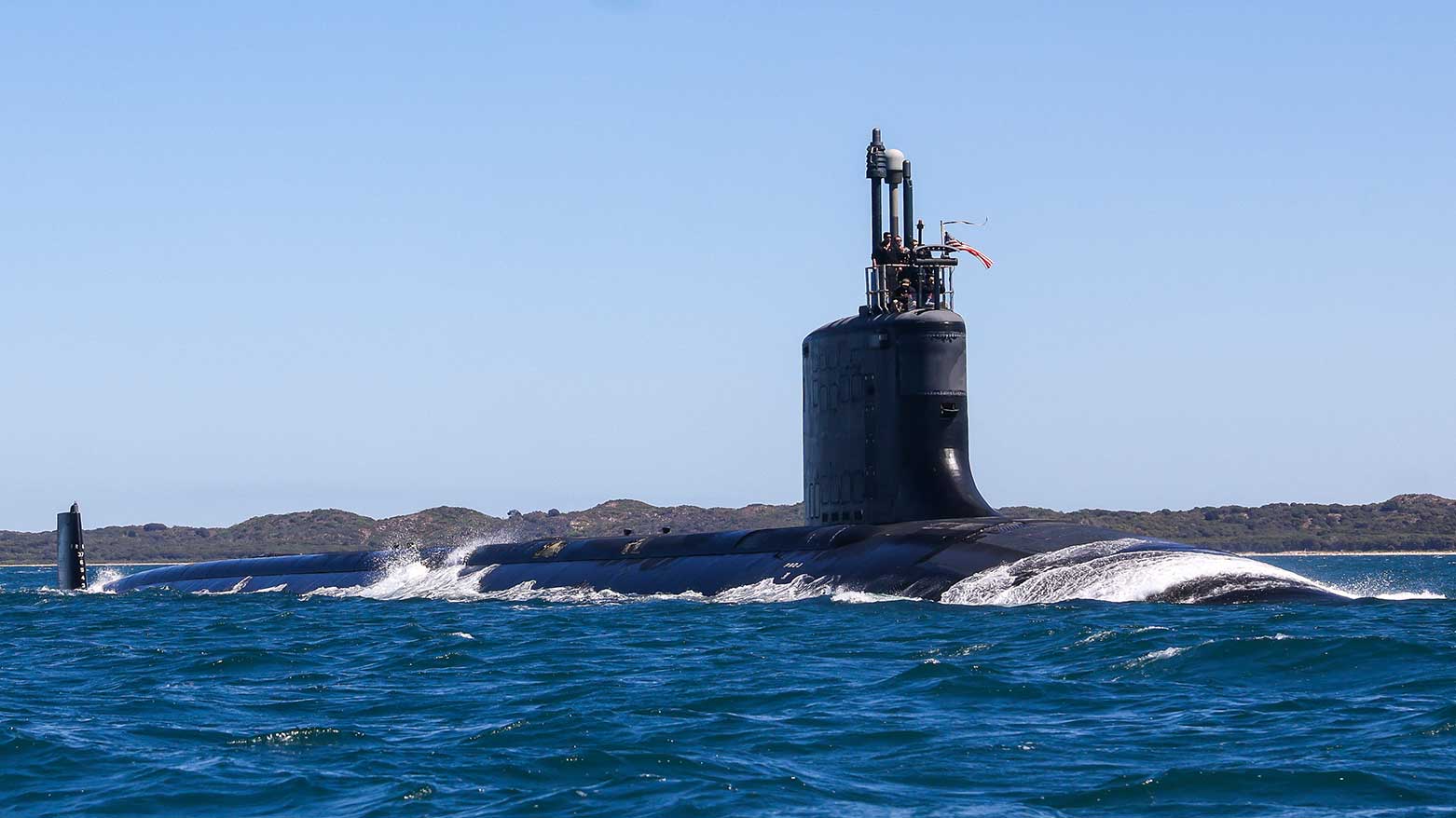Russia Ends Missile Deployment Moratorium, Citing U.S. and NATO Actions
“The Russian Foreign Ministry's statement on the withdrawal of the moratorium on the deployment of medium- and short-range missiles is the result of NATO countries’ anti-Russian policy. This is a new reality all our opponents will have to reckon with. Expect further steps,” Medvedev wrote.

ERBIL (Kurdistan24) — Russia announced on Monday that it will no longer uphold a unilateral moratorium on the deployment of ground-based intermediate-range and shorter-range missiles, blaming recent U.S. military moves and NATO policies for forcing the decision.
The Russian Foreign Ministry issued a statement on X, declaring that the evolving security situation, particularly the deployment of U.S.-made ground-based Intermediate-Range Nuclear Forces (INF) systems in Europe and the Asia-Pacific, has eliminated the rationale for Russia’s continued restraint.
“As the situation evolves with US-made ground-based INF systems being deployed in Europe and the Asia-Pacific, the Ministry of Foreign Affairs of Russia states that conditions for maintaining a unilateral moratorium on the deployment of similar systems have ceased to exist,” the ministry said.
⚡️ As the situation evolves with US-made ground-based INF systems being deployed in Europe and the Asia-Pacific, @mfa_russia states that conditions for maintaining a unilateral moratorium on the deployment of similar systems have ceased to exist.https://t.co/SMrA7xtKlz pic.twitter.com/9wop8YQWVl
— MFA Russia 🇷🇺 (@mfa_russia) August 4, 2025
The statement comes amid rising tensions between Russia and NATO countries, especially in light of ongoing military support for Ukraine and the expansion of Western missile capabilities near Russian borders.
Dmitry Medvedev, Deputy Chair of the Security Council of the Russian Federation and former president, reinforced the ministry's position in a follow-up statement, warning of consequences for what he described as NATO’s anti-Russian policies.
“The Russian Foreign Ministry's statement on the withdrawal of the moratorium on the deployment of medium- and short-range missiles is the result of NATO countries’ anti-Russian policy. This is a new reality all our opponents will have to reckon with. Expect further steps,” Medvedev wrote.
The Russian Foreign Ministry's statement on the withdrawal of the moratorium on the deployment of medium- and short-range missiles is the result of NATO countries’ anti-Russian policy.
— Dmitry Medvedev (@MedvedevRussiaE) August 4, 2025
This is a new reality all our opponents will have to reckon with. Expect further steps.
The INF Treaty, signed in 1987 by the United States and the Soviet Union, banned all ground-launched ballistic and cruise missiles with ranges between 500 and 5,500 kilometers. Washington formally withdrew from the treaty in 2019, citing alleged Russian violations — a charge Moscow denied.
Russia had maintained a self-imposed moratorium following the U.S. withdrawal, but Monday’s announcements mark a significant shift, likely to raise alarm among European and Asian states already concerned about regional stability and arms escalation.